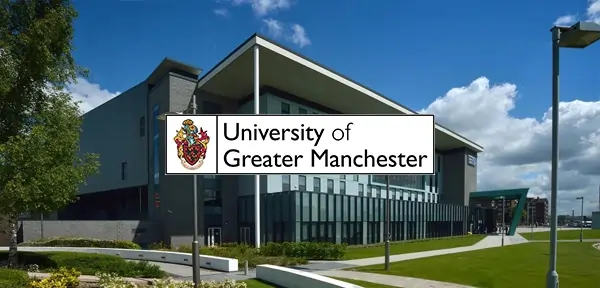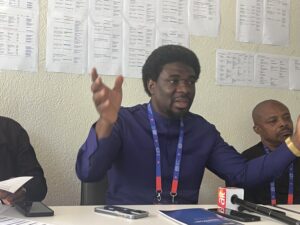University of Greater Manchester researchers present groundbreaking Psycho-Intelligence framework at international conference

A pioneering research project led by Professor Celestine Iwendi of the Centre of Intelligence of Things (CIoTh) at the University of Greater Manchester, Bolton, has been officially accepted for presentation at the 12th International Conference on Reliability, Infocom Technologies and Optimization (ICRITO 2025), under the theme “Trends and Future Directions.” The event holds at Amity University of Noida, India between 18-19th September 2025.
The paper, titled “Integrating Behavioural Science using the Psycho-Intelligence Framework in Connected Systems,” presents a cutting-edge, real-time closed-loop system that integrates electroencephalography (EEG) and motion sensor data to decode users’ cognitive and emotional states.
According to Celestine Iwendi, the research introduces Psycho-Intelligence, a novel framework that merges neuroscience, behavioural science, and adaptive artificial intelligence (AI) to enable emotionally intelligent human-machine interaction in critical areas such as education, healthcare, and cognitive health monitoring.
Inwendi noted that the framework represents a shift towards AI systems that can respond empathetically to users’ mental and emotional conditions, making digital interactions more human-centric, inclusive, and ethically grounded.
“This work is a major step in bridging the cognitive-empathic gap in intelligent systems,” said Prof. Iwendi. “It demonstrates how low-cost wearable biosensors and advanced AI models can transform real-time digital communication.”
The research was conducted at CIoTh and developed in collaboration with a diverse team of researchers: Ezekiel Gabriel Nwibo, Collins Lemeke, Salome Uwah, Kumasum Ukura (Product Designer), and Olayinka Ojo. It is one of five innovative papers to be presented by the CIoTh team at ICRITO 2025, further establishing the University of Greater Manchester’s leadership in AI and behavioural computing.
The professor said the Psycho-Intelligence framework has already attracted interest across academic and industry sectors, particularly for its applications in AI-powered chatbots, telehealth platforms, and emotion-aware educational tools.
“As the global conversation on ethical, responsive AI systems continues to grow, this milestone affirms the University of Greater Manchester’s ongoing contribution to shaping the future of human-centred technology,” he stated.






